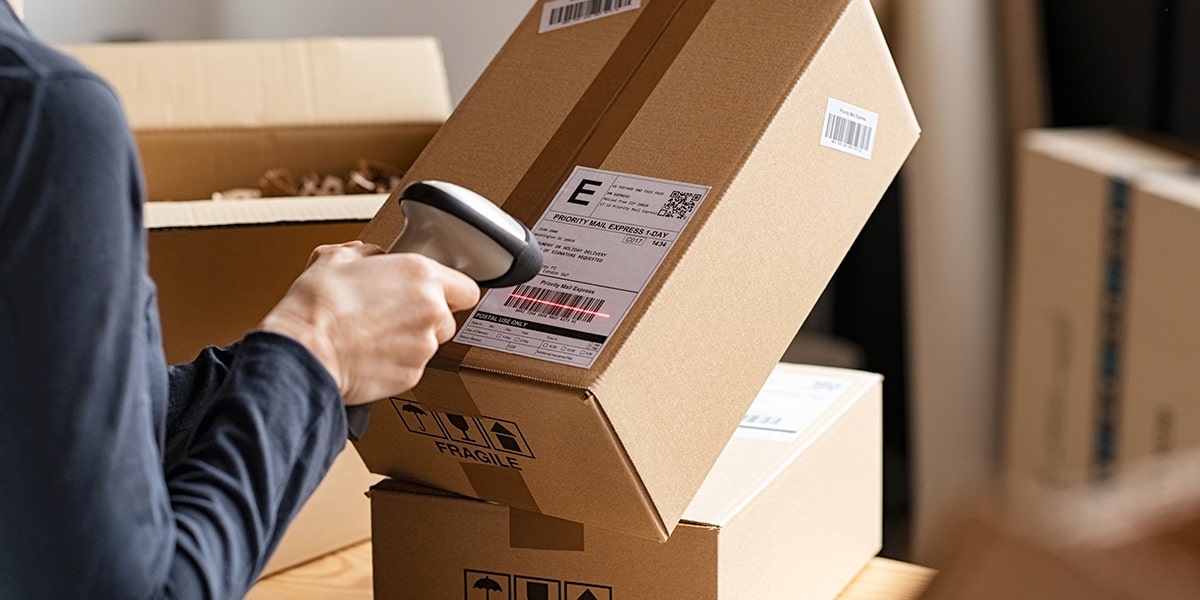Life Cycle Assessment of Packaging Materials
The Life Cycle Assessment (LCA) of packaging materials is a comprehensive evaluation that quantifies and evaluates environmental impacts associated with all stages of a product's life cycle, including raw material acquisition, manufacturing, transportation, use, and disposal. This service is particularly relevant for the consumer products sector where ensuring sustainable practices is crucial to meet regulatory requirements and market expectations.
Life Cycle Assessment helps quality managers, compliance officers, R&D engineers, and procurement teams understand the environmental footprint of their packaging materials. By identifying areas with higher impact, stakeholders can make informed decisions to reduce waste, lower carbon footprints, and enhance overall sustainability. This assessment aligns well with global standards such as ISO 14040:2006 and ISO 14044:2006.
The process involves detailed data collection from various stages of the product lifecycle. Raw material sourcing, manufacturing processes, transport logistics, end-use scenarios, and disposal methods all contribute to the overall environmental impact. The methodology ensures a transparent and reproducible approach to quantifying these impacts. This service is essential for brands aiming to comply with evolving regulations like California's SB 1279 or European Union’s Circular Economy Package.
One of the key benefits of this assessment is its ability to provide actionable insights that can drive innovation in sustainable packaging solutions. By pinpointing critical areas where improvements are needed, businesses can focus their efforts on reducing resource consumption and minimizing waste. Additionally, LCA results can be used to communicate a brand's commitment to environmental responsibility, thereby enhancing customer trust and loyalty.
In summary, the Life Cycle Assessment of Packaging Materials is an indispensable tool for companies seeking to enhance sustainability in their product design and manufacturing processes. It provides a holistic view of the environmental impacts associated with packaging materials, enabling informed decision-making that can lead to more sustainable practices and products.
Scope and Methodology
| Aspect | Details |
|---|---|
| Raw Material Acquisition | Data collection on resource extraction, transportation, processing, and procurement. |
| Manufacturing Process | Emissions from production facilities, water usage, energy consumption, waste generation. |
| Transport Logistics | Emissions from transport vehicles, packaging materials used during transit. |
| Product Use | User behavior patterns, durability of the product, and its impact on consumer habits. |
| End-of-Life Stage | Disposal methods, recycling rates, landfill impacts, and energy recovery processes. |
The methodology for Life Cycle Assessment involves several critical steps. Initially, a detailed inventory analysis is conducted to gather data on resource consumption and emissions throughout the product's life cycle. This step ensures comprehensive coverage of all relevant environmental aspects. Following this, impact assessment techniques are applied to convert the gathered data into meaningful indicators that reflect the overall environmental performance. Finally, interpretation involves summarizing findings in an easily understandable format that can guide stakeholders towards more sustainable practices.
Industry Applications
- Compliance with regulatory requirements such as California's SB 1279 and EU Circular Economy Package.
- Innovation in sustainable packaging design to reduce environmental impact.
- Enhancing corporate reputation by demonstrating a commitment to sustainability.
| Application Area | Benefit |
|---|---|
| Sustainable Supply Chain Management | Identifying high-impact areas and implementing strategies for continuous improvement. |
| Sustainability Reporting | Providing robust data to support annual sustainability reports. |
| Product Development | Guidance on material selection that minimizes environmental impact. |
| Innovation in Packaging Design | Development of eco-friendly packaging solutions that meet both performance and sustainability goals. |
The application areas for Life Cycle Assessment are diverse, ranging from supply chain management to product development. By providing detailed insights into the environmental impact of packaging materials at various stages of their lifecycle, this service enables stakeholders to make informed decisions that align with global sustainability trends. These applications not only help in meeting regulatory requirements but also contribute significantly to the overall goal of creating a more sustainable world.
Eurolab Advantages
At Eurolab, we offer unparalleled expertise and comprehensive services that set us apart from other providers. Our team of highly qualified professionals ensures that every assessment is conducted with precision and accuracy. Leveraging state-of-the-art technology and methodologies, our experts deliver reliable and actionable insights tailored to your specific needs.
- Expertise in Life Cycle Assessment
- Compliance with international standards like ISO 14040:2006 and ISO 14044:2006
- Customized solutions for diverse industry applications
- State-of-the-art technology and instrumentation
- Robust data collection and analysis techniques
- Comprehensive reporting to guide decision-making
We pride ourselves on our commitment to excellence, ensuring that every assessment is conducted with the highest level of professionalism. Our clients benefit from our extensive experience in the field, allowing them to make informed decisions that align with their sustainability goals.





